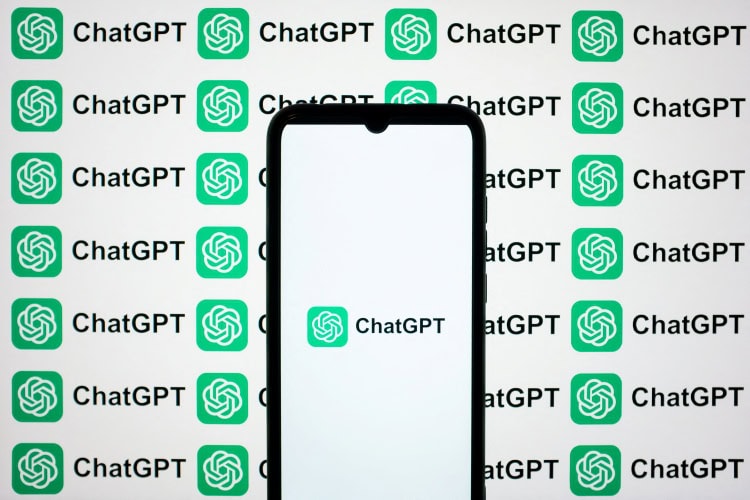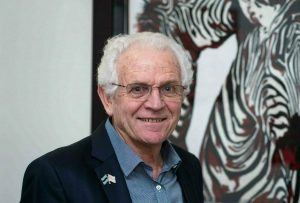A pressure group for privacy rights in Vienna is going to file a complaint against ChatGPT in Austria because the artificial intelligence program “hallucinates” and makes up wrong answers – which creator OpenAI, moreover, cannot correct.
NOYB – which stands for None of Your Business – claims there is no guarantee that the program provides accurate information. “ChatGPT keeps hallucinating and not even OpenAI can stop it,” says the organization in a statement.
The company has admitted in the past that it cannot correct incorrect information that the program, which uses artificial intelligence (AI), produces. OpenAI also cannot explain where this incorrect data comes from, or what information ChatGPT stores about people, the group says.
However, such errors are unacceptable when it comes to information about individuals, because European Union (EU) legislation dictates that personal data must be accurate, NYOB argues.
“If a system cannot give accurate and transparent results, it cannot be used to create data about individuals,” says Maartje de Graaf, data protection attorney at NYOB.
“The technology must follow the legal requirements, not the other way around.”
ChatGPT has “repeatedly provided incorrect information” about the date of birth of NOYB founder Max Schrems, “instead of telling users that he does not have the necessary data”, the group claims.
OpenAI also rejected Schrems’ request to edit or delete the data – even if it was wrong – and argued it was impossible to do, says NOYB.
The pressure group, outspoken critics of tech giants since it was set up in 2018, says it is asking Austria’s data protection authority to investigate and fine OpenAI to bring its actions into line with EU law.
ChatGPT was launched in November 2022 and quickly caused a stir among users who were very excited about the AI program’s ability to rattle off dissertations, write poems and do translations in a matter of seconds.
However, criticism of the technology has already resulted in legal action in some countries.
Italy temporarily banned the program in March last year, while France’s regulatory authority began an investigation after a wave of complaints.
A European working group has also been set up to improve cooperation. However, NOYB remains








